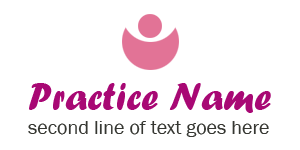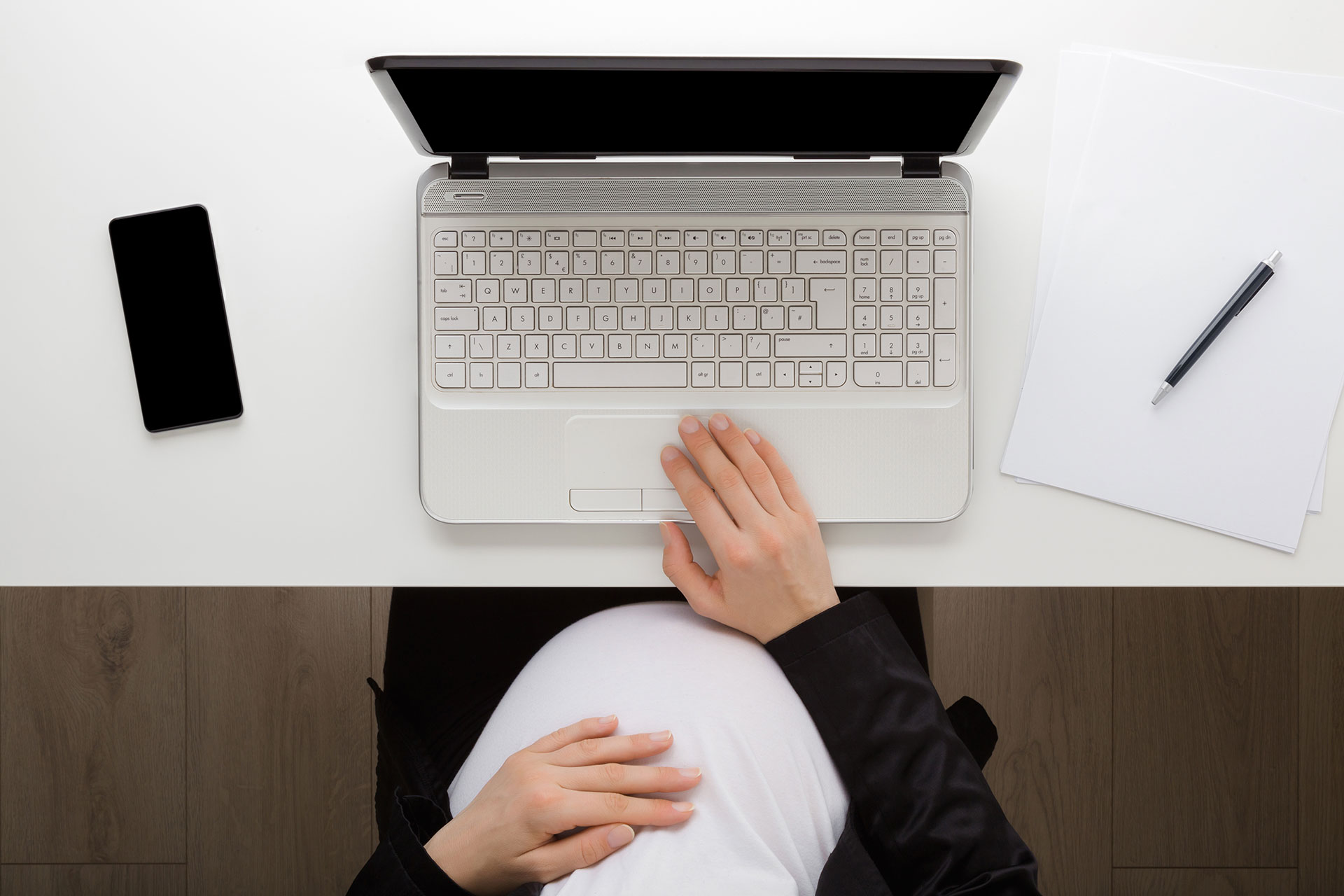Hello everyone!! I hope you are having a great week!! Today I would like to address a very common problem in Internal Medicine, Hypertension a.k.a., High Blood Pressure.
What is Hypertension?
Hypertension puts a strain on your arteries and heart, and can restrict blood flow to and from other body organs. This can lead to heart disease, stroke, kidney disease, and other problems.
When your heart beats or contracts, it pushes blood through the arteries. This force creates pressure on the arteries. This is called systolic blood pressure ( The top number). When your heart relaxes, between beats, the pressure in the arteries is called the diastolic blood pressure (The bottom number).
What Do the Numbers Mean?
The answer here depends on which society guidelines you reference as there are some slight variations in terminology used. For our purposes today we will call normal blood pressure 130/89 or less on average. High blood pressure is 140/90 or higher. There is some gray area about whether 130-140 is normal or pre-hypertension but suffice it to say that under 140/90 is generally safe.
Which is Better? Office Or Home Readings
Here at Bianco Primary Care, we rely heavily on what you get at home. In the office, we check your blood pressure as a screening and if we find it to be high here, we will ask our patients to begin a home monitoring regimen. There is a medical condition called “white coat hypertension” and home monitoring helps us know if the number in our office is real or just nerves.
Blood Pressure Machines Vs Manual Readings
Although we use the manual technique here in the office, most automated machines work very well. If there is any doubt we have our patients bring their machine to the office and cross check them with a manual reading. You can pick up a home monitoring device at almost any pharmacy or online.
Will I feel it when I have High Blood Pressure?
There is a common misconception if you have high blood pressure you will experience symptoms such as nervousness, sweating, difficulty sleeping or feel flush. The truth is that high blood pressure is largely a symptomless condition. If you ignore your blood pressure because you think symptoms will alert you to the problem, you are taking a dangerous chance with your life. It’s always better to have it checked by your doctor at regular visits.
How Is High Blood Pressure Treated?
Like with most things we treat we usually start with a thorough look at your lifestyle habits and work to make improvements in your nutrition and get you on a sensible exercise regimen. Medicines also play a role and are determined based on each individual’s specific circumstances.
I hope this helps clear a few things up about high blood pressure. We are happy to talk with you about this topic in more detail. We also have a Nutrition and Fitness expert on staff to help with the lifestyle changes that can help you achieve optimal blood pressure.


